UNESCO WORLD HERITAGE SITE IN WALLONIA, BELGIUM
As I mentioned in the last post on the
historic boatlifts of Hainaut, during the industrial revolution, Belgium was a major supplier of coal
to all industries across Europe. There are
4 major coal mining sites in Wallonia, Belgium that are listed
together under
UNESCO World Heritage Sites in Belgium and 2 of those are very close to Mons. One of those is Grand Hornu,
indeed a grandiose of places!
HISTORY OF GRAND HORNU MINING SITE
It has quite an
interesting history. This was built in 19th C by
Henri Joseph Degorge LeGrand. He was originally from an
economically poor background who grew to own the most sophisticated and
biggest coal mine in Belgium. That made him a beautiful
mix of socialist and capitalist ideas! When he bought a huge
piece of agricultural land which turned out to be sitting on a huge coal
reserve, he built the mine. Very interestingly he built it with
neoclassical style, just like the churches of the era. That is why Grand Hornu is called the Cathedral to mining Industry.
His wages were good and the housing he built for the workers was
relatively large for the era. Those houses even included private bathrooms
& toilets which was really luxurious, for the working class of that
era! All houses were duplex and had 4 windows. The engineers had a larger
house than that which had 6-8 windows. The houses had separate rooms for
parents, boys and girls. His own bungalow was in the middle of the
street.
He came up with several ideas which were too forward-thinking for his
time. He made primary education compulsory for all the children of mining
workers and had set up a school in the community. Then they were all taken
in as miners. The children who studied well were given a chance to study
further in engineering with an assured job as an engineer in the mine! In
his era, a labourer's child had no right to education, and to even think
of getting higher in social strata was unheard of! Henri LeGrand realized
the importance of giving them education would not only help them, but also
earn him loyal workers and skilled engineers for his own mines!!!
HENRI JOSEPH DEGORGE LEGRAND AFTER THE FORMATION OF BELGIUM
With so much skill and forward-thinking, he was a pioneer in several
aspects including the introduction of industrial railways to transport
coal. For all his leadership skills, he was elected as the senator in the
first-ever cabinet of the Kingdom of Belgium in 1831 (after Belgium was
formed in 1830). Sadly he passed away in 1832, of suspected
cholera.
COAL MINE AFTER THE DEATH OF HENRI JOSEPH DEGORGE LEGRAND
After his death, the coal mine was liquidated and various pieces of land
were sold to various people and the construction material was just being
just disassembled by the people of the region for their own uses. It was
in 1971, the architect Henri Guchez, took it on himself to renovate
the place.
GRAND HORNU TODAY
Today the whole place is open to the public for viewing and understanding
the mining culture of Belgium. The coal pits are now closed and 2 circles
can be spotted at the car park which was once the pits.
Also read: Historic Coal Mines in Belgium listed as UNESCO World Heritage Sites - Grand Hornu, Bois du Luc, Bois du Cazier, Blegny Mine
The various rooms like horse shed, workers, shed etc are now being used
for exhibitions, museums (CID - Centre of Innovation & Design, MAC - Museum of Contemporary
Arts and Museum of Grand Hornu Historic Site) library as well as a restaurant. The entire central region is just huge
and fascinating and to some extent reminding me of the Royal Cresent in Bath, England.
The houses in the quarters are now private properties though. The
bungalow of LeGrand houses an institute and 1 of the houses in the
street is still maintained as it was but being private property,
cannot be accessed inside. Btw, that's our guide Ms.Aubane with me in the pic above, who
told me the fascinating history of LeGrand.
CRYPT OF LEGRAND
The crypt of LeGrand is also within the premises where the tombs of
both him and his wife Eugene are located. There are several empty spots
around it and it was the first-ever time I saw empty spots in a crypt
and it was honestly, creepy!!! Yes, those are used by local cats as
resting spots, so care is to be taken when climbing down as a startled
cat can jump onto you!!!
WHERE TO STAY IN MONS? (MONS HOTELS)
Hotels and B&Bs at all price points are available in Mons
city centre. Here’s my review of Martin's Dream Hotel, Mons where I stayed.
HOW TO REACH GRAND HORNU
Where is Grand Hornu (On Google Maps): Grand Hornu
How to reach Mons from Brussels: Direct Intercity
(IC) trains are available from Brussels (Nord/Central/Zuid) to Mons
every 1 hour and the journey time is about 1 hour.
How to reach Grand Hornu from Mons: 9km on
N51. LeTEC buses (route no:7 & no:9) are available from Mons SNCB
and takes about 30mins travel time.
GRAND HORNU TICKETS
€8; Free entry with museumpassmusees.
€14 for a combined ticket with Bois du Luc.
Inclusive in Mons Card
The ticket can be bought at the entrance of the site or online in the official website of Grand Hornu
Free entry on the first Sunday of every month.
€8; Free entry with museumpassmusees.
€14 for a combined ticket with Bois du Luc.
Inclusive in Mons Card
The ticket can be bought at the entrance of the site or online in the official website of Grand Hornu
Free entry on the first Sunday of every month.
GRAND HORNU OPENING HOURS
Tue-Sun 10:00AM to 6:00PM.
Free guided tour is available subject to availability of guides
on Tue-Sat 11AM & Sun 3PM.
MY COMPLETE MONS TRAVELOGUE (THINGS TO DO IN MONS)
MONS 3 DAYS ITINERARY
Day 1 - Grand Hornu, Neolithic Splint mines at Spiennes
Day 2 - Bois du Luc, Ancient boat lifts & Strepy Thieu
Day 3 - City of Mons - Belfry, Mundaneum, Doudou Museum,
Beaux-Arts Mons etc
P.S: I was invited by Visit
Mons and Wallonia Tourism to experience the city for review purposes, however, the opinions are my own and this post
does not advertise the product/service.



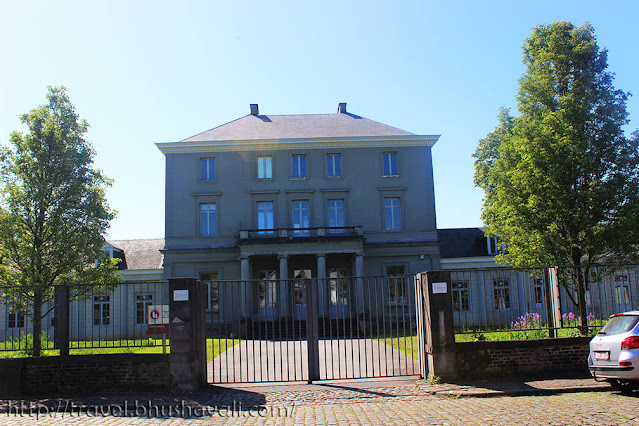


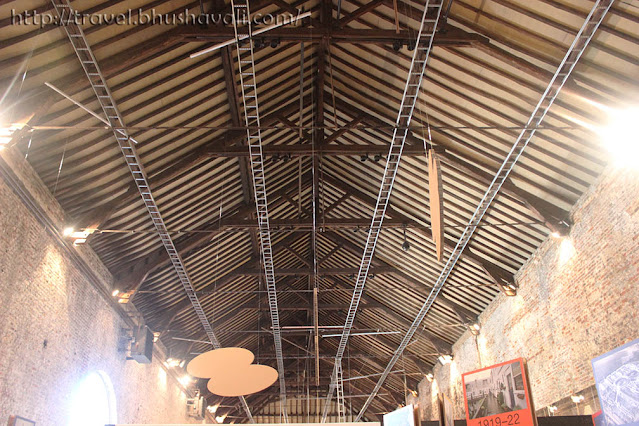

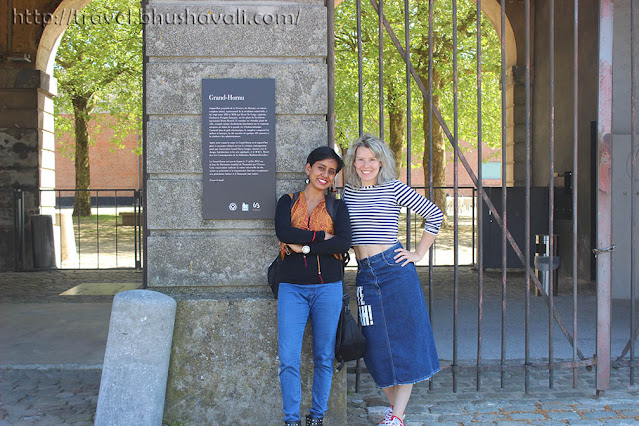

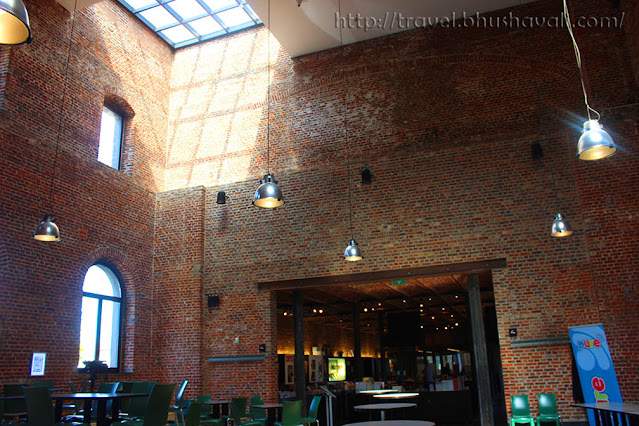
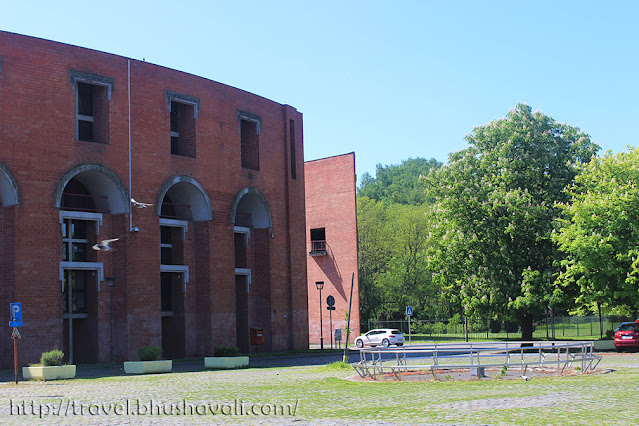
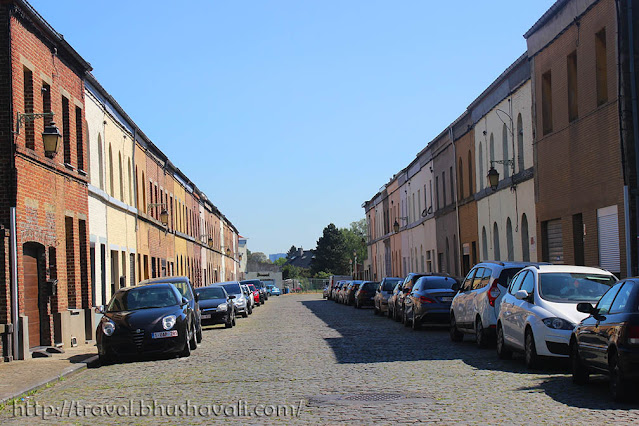
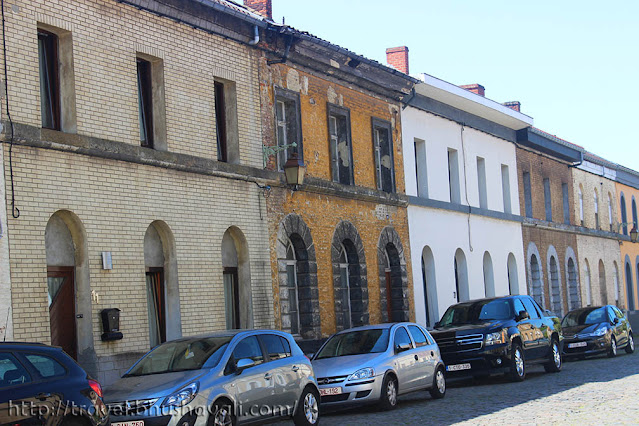



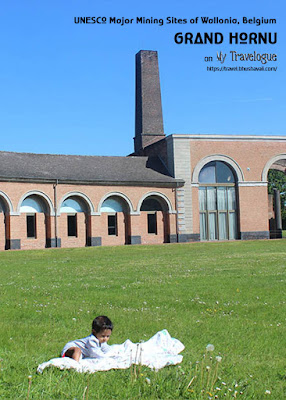




Didn't know at all about Belgium's coal mining history, and really enjoyed reading about it and the Grand Hornu site.
ReplyDeleteWhat a guy LeGrand was! Making education compulsory is a very important initiative, apparently just one of many he accomplished during his lifetime! I've never heard of the Grand Hornu before, so really glad to have stumbled across your post!
ReplyDeleteThese are good to know. I love visiting heritage sites as they are rich in history and the stories fascinates me. Would love to visit this wonderful place in the future.
ReplyDeleteLoved reading this post. Didn't know this side of Belgium. Very rich in culture and history. We need more men guys like LeGrand around.
ReplyDeleteHenri LeGrand sounds like such a nice guy for that time - I especially love reading what he did for education! Mining communities, relics and museums fascinate me a lot - I'm from what was traditionally a mining community in Wales, and our past is definitely cemented in our surroundings. I guess I'd feel a connection with this place in that way, definitely somewhere I should visit!
ReplyDeleteWow there is so much history to this place. Providing free education to kids and housing for miners, LeGrand was way ahead of his time. You are right, the empty crypts do look creepy.
ReplyDeleteI always love how detailed your guides and articles are. I love the fact that LeGrand made education compulsory, I wish it was so all around the world, but we still have to work towards it. I will try and visit this place next week as I'm heading to Belgium! :)
ReplyDeleteGrand Hornu seems so charming and it is indeed very rich in history, Bhushavali. Thanks for bringing this place closer and telling us its story. It seems like a must visit when exploring Belgium!
ReplyDeleteVery interesting to see a guy like LeGrand with so many progressive ideas back in the beggining of the 19th century, even if it was to make sure to get a pool of educated workers it's still really good. I like to read stories like that!
ReplyDeleteThis is very interesting and its awesome that they built a museum for coal mining! It's cool that you've got to visit it with your friend.
ReplyDelete
ReplyDeleteThat is a lovely gem that you have discovered. I loved the story behind the town - how one single person made a different to the mining community. Bringing in the schools, railways...totally inspirational. Thanks for this read.
you keep opening up new, lovely locations around Belgium. When I have been there, I have only seen regular touristic stuff.
ReplyDeleteI am going to Europe in less than a week and I do have coal mining history on my mind. While, I had been to Belgium but never explored it from this angle. I am quite intrigued to try out this time.
ReplyDeleteI think back then they will treat as "coal like gold!" Purchasing a land, and discovering your are sitting on top of the reserve is a holly molly blessing! He helped to built the Belgium's history.
ReplyDelete